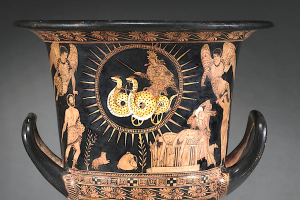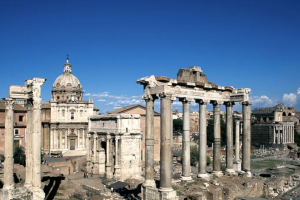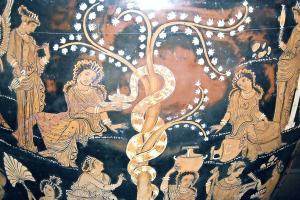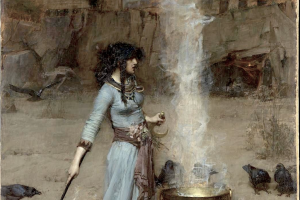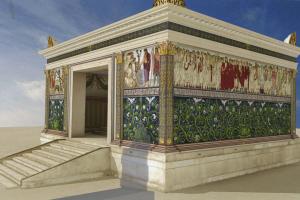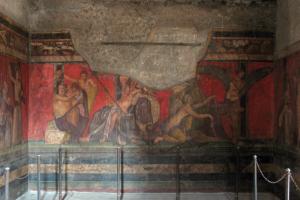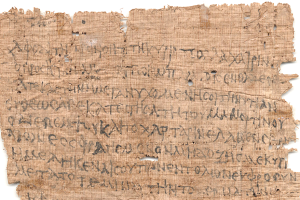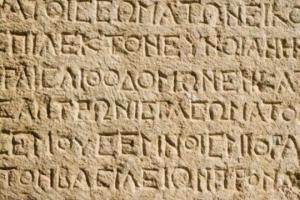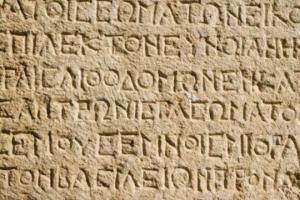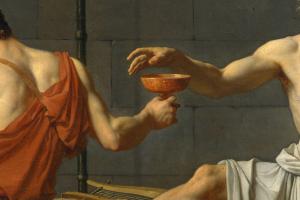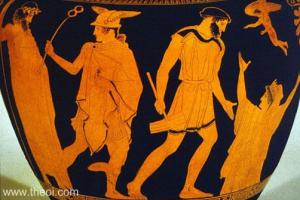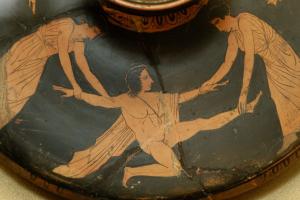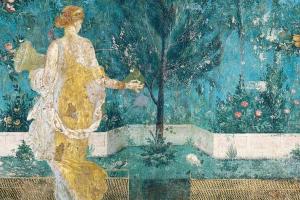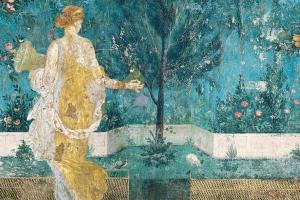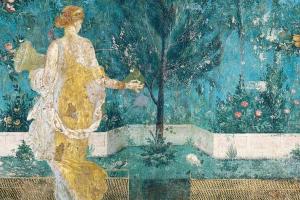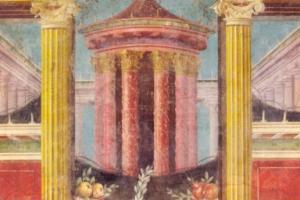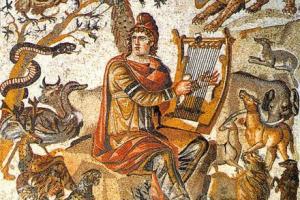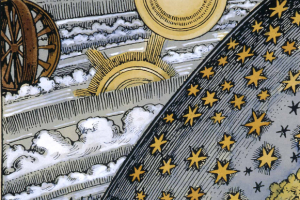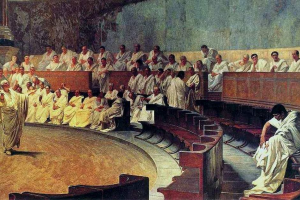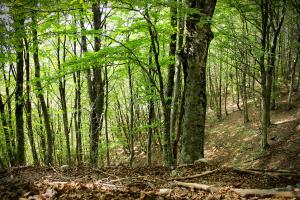Fall 2022
Study of the major developments, achievements, and contradictions in Greek culture from the Bronze Age to the 4th century BCE. Key works of literature, history, and philosophy (read in English translation) will be examined in their political and social context, and in relation both to other ancient Mediterranean cultures and to subsequent developments in Western civilization.
Broad-based introduction to the archaeology of the ancient Romans.
Covering Homeric & Classical Greece, Rome in its transition from republic to empire, & the world of the Hebrew Bible, this course surveys ancient Mediterranean civilizations with an emphasis on building writing skill. Satisfies Parts A or B of the R&C requirement.
This course will focus on ideas about magic in the Greek and Roman worlds from about 750 BCE through 400 CE. Topics will include witches, holy men, love spells, necromancy, spirits, and mystery religions.We will examine how magic was represented in high literature (by authors like Homer, Ovid, Apuleius and Lucian) as well as the more practical evidence of curse tablets and the Greek Magical Papyri. Consideration will be given to analyzing the relationship between magic, religion, and philosophy. Our goal will be to study the common threads that connect different Greek and Roman magical practices, as well as to understand them in their cultural contexts. No knowledge of Greek or Latin required.
During the reign of Augustus Rome was transformed by an ambitious building program. This class will consider how the emperor’s many buildings—his Mausoleum, the new temples, his many monuments—helped shape popular perceptions of his new system of government (a veiled monarchy).
A broad survey of the remains of Pompeii and Herculaneum, exploring how archaeologists and historians employ this evidence to illuminate the social, political, and economic life of these two communities.
Learn how to interpret papyri from Graeco-Roman Egypt and to deploy them for the writing of more inclusive histories of the ancient Mediterranean.
The first semester of study of Ancient Greek
The first semester of study of Ancient Greek
In this course we will read two texts in the original Ancient Greek (NOT in translation!): first, Lysias' courtroom speech “On the murder of Eratosthenes,” followed by Plato's "Crito."
Reading in the original ancient Greek of a tragedy by Euripides plus study of other Greek tragedies translated into English.
The first half of a two-semester language sequence equipping students to read and translate Classical Latin.
The first half of a two-semester language sequence equipping students to read and translate Classical Latin.
The first half of a two-semester language sequence equipping students to read and translate Classical Latin.
The second half of a two-semester language sequence preparing students to read Classical Latin.
This course serves as an introduction to reading and translating Latin prose through the works of two of the most famous Latin prose authors of the Republican period: Caesar and Cicero. Both authors write in elegant and appealing Latin, and their works stand at critical points in Roman imperial expansion and the collapse of the Roman Republic. The course also serves a bridge between the Latin grammar sequence and advanced reading courses, strengthening the skills acquired in introductory Latin and familiarizing students with the tools and best practices of reading and translating unadapted Latin prose.
An introduction to the short poems of Catullus and the Odes of Horace, read in Latin.
Investigate the world of ancient natural philosophers in Latin scientific texts of the 1st century CE. We'll read excerpts (in Latin) from Seneca & Pliny the Elder, especially meteorology, geology, & anthropology, with excursions into astronomy & medicine.
Part one of a two-part survey of literature in Latin from Roman antiquity.
This seminar will focus on human experiences of and uses of the forest in the Mediterranean world of the classical period.
A workshop-style class for grad students beginning to teach at UCB. Will cover both language classes and classes where everything is read in translation.
